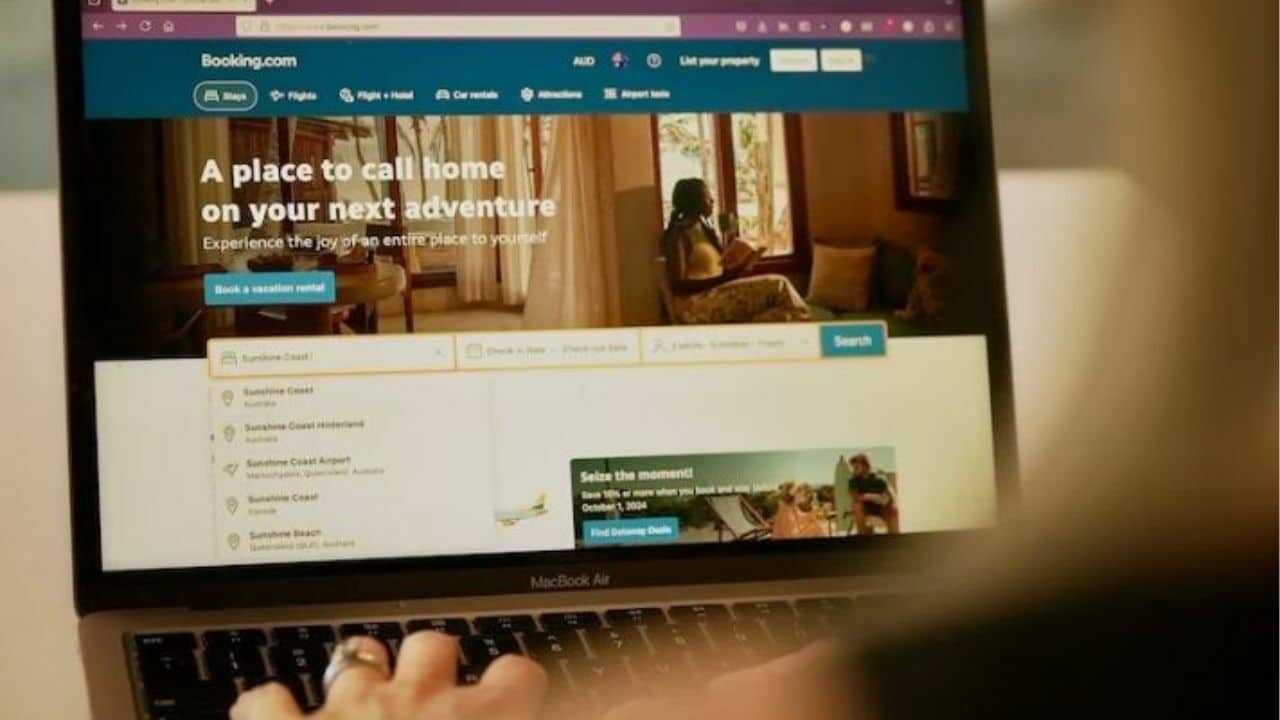British family’s £4,000 Phuket villa holiday turns nightmare
A much anticipated Thai getaway during the festive season left the children disappointed

A family’s dream Christmas holiday in Phuket turned into a nightmare after discovering their £4,000 (around 176,000 baht) villa booking was a scam, leaving them stranded and scrambling for last-minute accommodation.
After a gruelling 30-hour journey, Judy and Richard Loader arrived in Phuket only to discover the villa they booked through Booking.com for over £4,000 simply didn’t exist — turning their long-awaited Christmas holiday into a stressful ordeal.
Judy had booked the villa to enjoy a festive break with their children and grandchildren. But when they arrived at the given address, there was no sign of the property. The family’s excitement quickly turned to despair.
“Our distress was huge. Children in tears, no toilet, no food, no drink, foreign land and darkness descending,” Judy said.
Before travelling, the Loaders had contacted Booking.com multiple times, expressing concern over being unable to reach the villa owner by phone or email. They were reassured by Booking.com that they needn’t worry and that, in the worst case, the platform would cover any extra accommodation costs.
However, after realising the listing was a scam, the family waited six hours for assistance that never came. Forced to fend for themselves, they booked their accommodation for the first night and the remaining six days of their holiday.
Booking.com eventually refunded the villa cost, minus £80, but did not compensate for additional expenses such as new accommodation, phone charges, or unexpected travel costs. Shockingly, the fake villa listing remained on Booking.com’s site even after consumer group Which? alerted the platform.
“Our protests via phone, email and letter have been ignored,” Judy said.
New regulations under the UK’s Online Safety Act now require online platforms to do more to prevent fraud and illegal content on their sites. Consumer group Which? urges Booking.com to implement stricter host identity checks, enforce two-factor authentication for users, and ban external links in messages to reduce scams.
Booking.com responded, stating it takes listing verification seriously and has multiple controls to prevent such incidents. It confirmed the fake property has been removed and reiterated that the refund issued accounts for bank charges and exchange rates.
For the Loaders, the experience was a harsh lesson in holiday scams and a reminder to travellers everywhere to exercise caution when booking online.
Latest Thailand News
Follow The Thaiger on Google News:


























